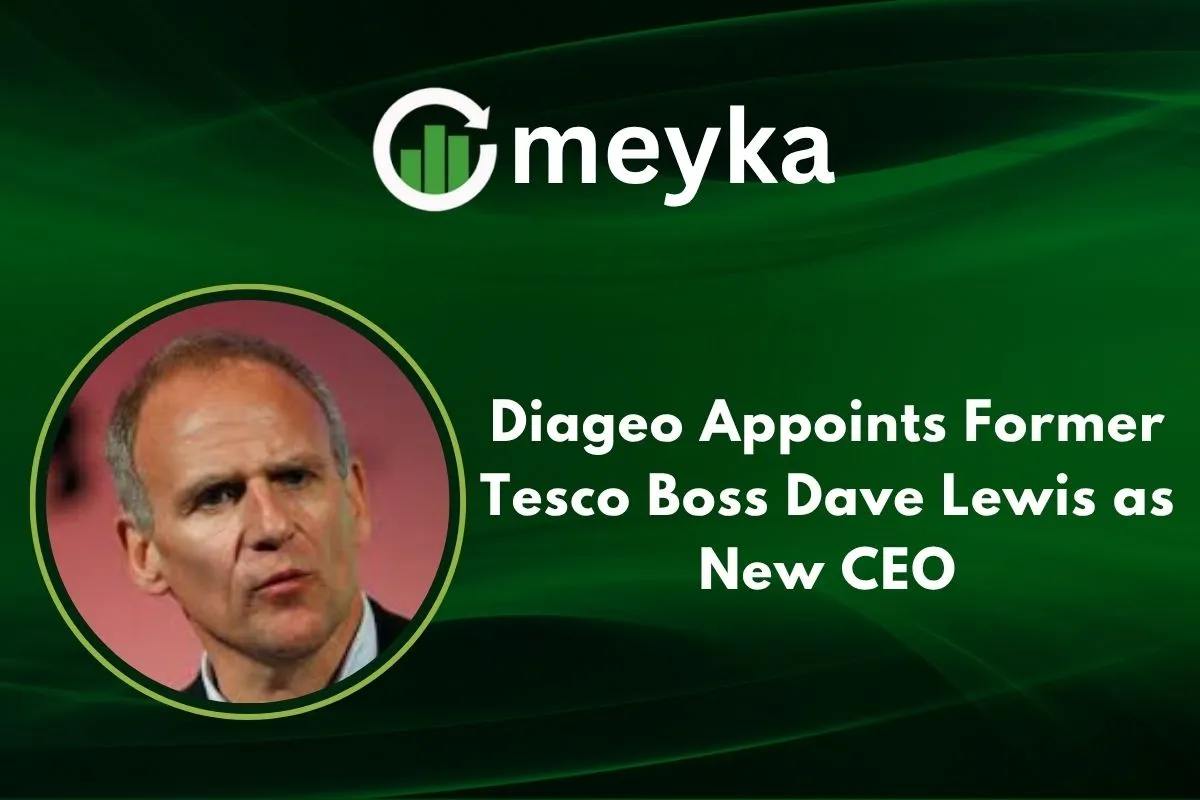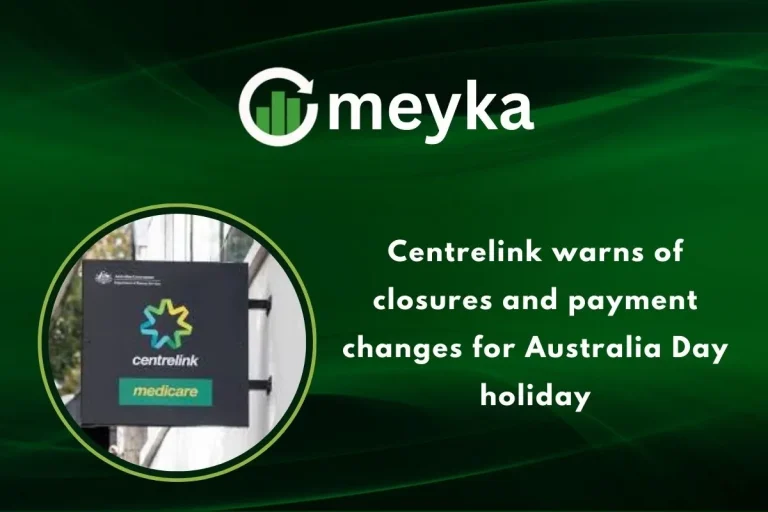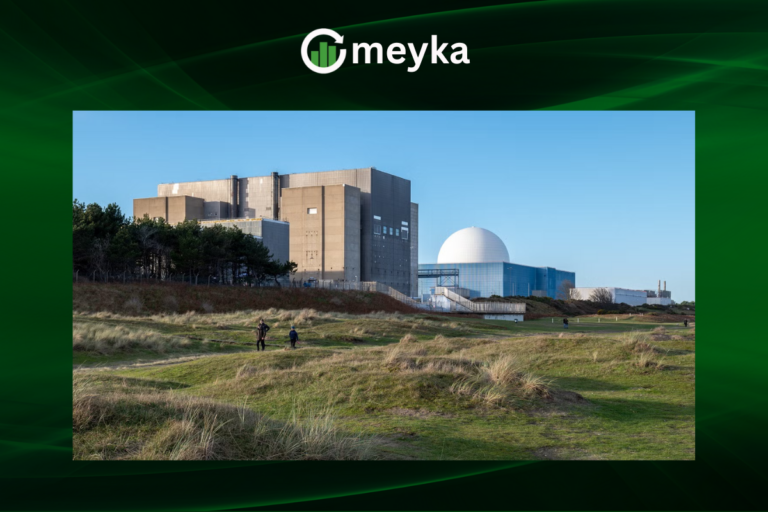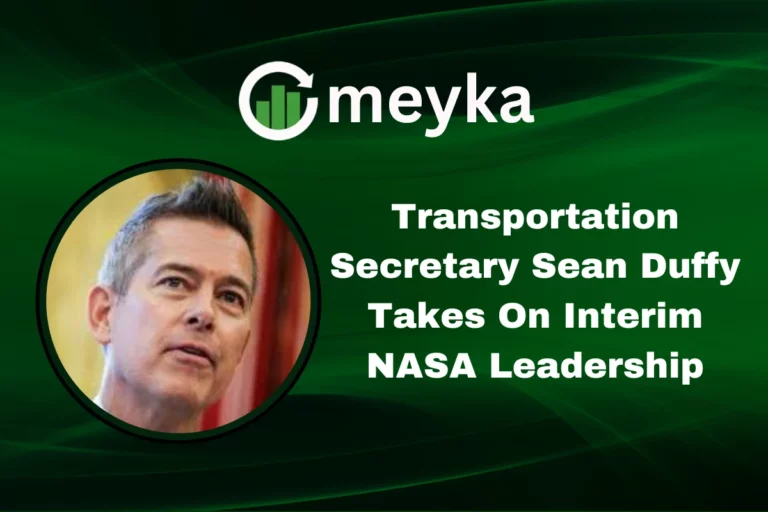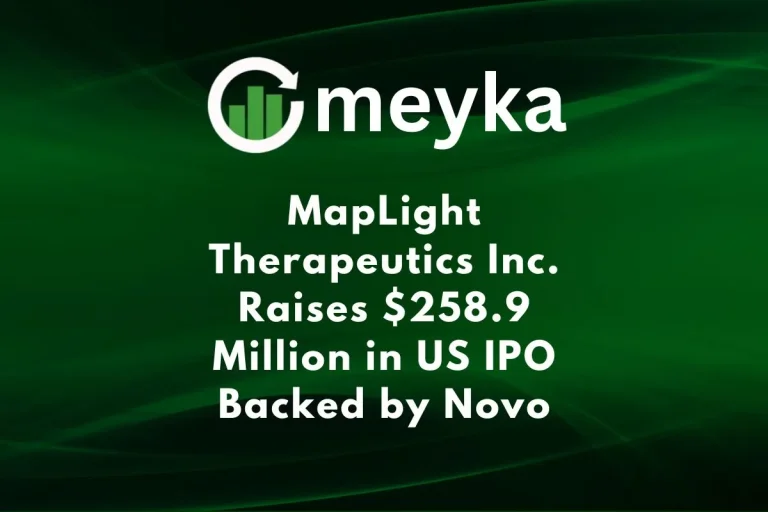Diageo Appoints Former Tesco Boss Dave Lewis as New CEO
We begin a new chapter at Diageo, the global drinks giant behind icons like Guinness and Johnnie Walker. On 1 January 2026, the company will welcome Sir Dave Lewis as its new Chief Executive. It’s a bold move. Diageo has faced headwinds in recent years: sales have softened, the competitive landscape is shifting, and investors are watching closely. We will explore what this leadership change could mean for Diageo’s future, how Lewis’s track record might play into the company’s next phase, and why stakeholders, employees, consumers, and investors alike should pay attention.
Continue Reading on Meyka
This article is available in full on our main platform. Get access to complete analysis, stock insights, and more.
Read Full Article →